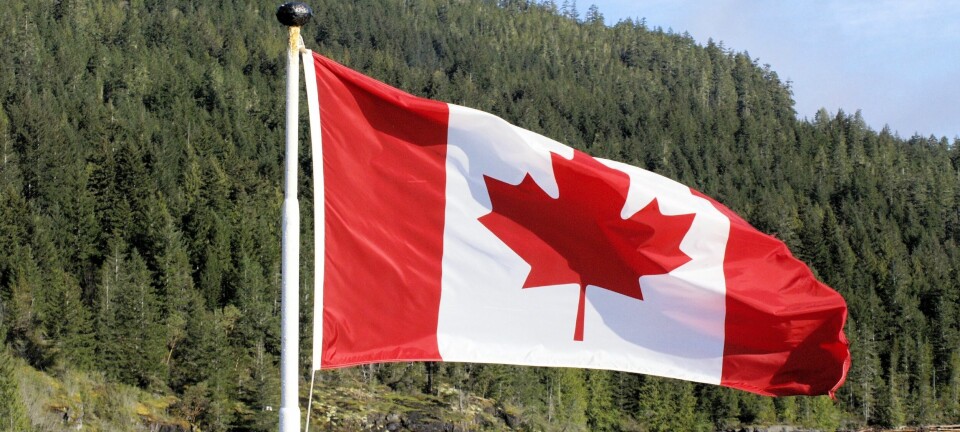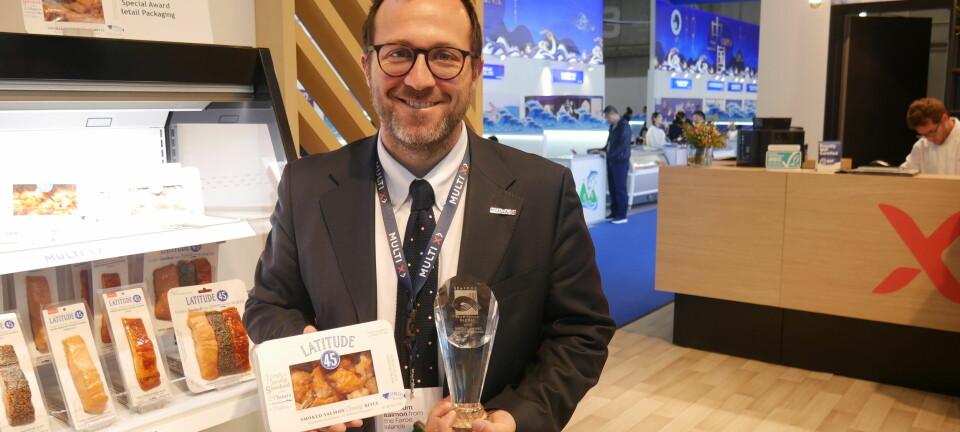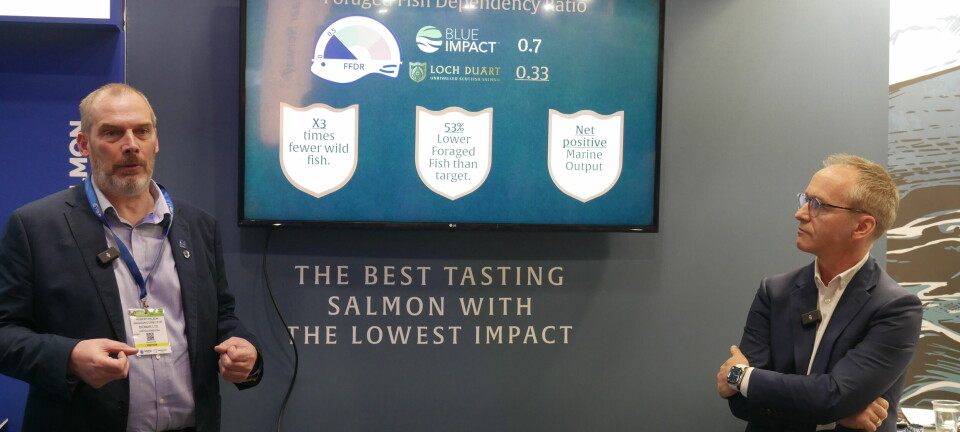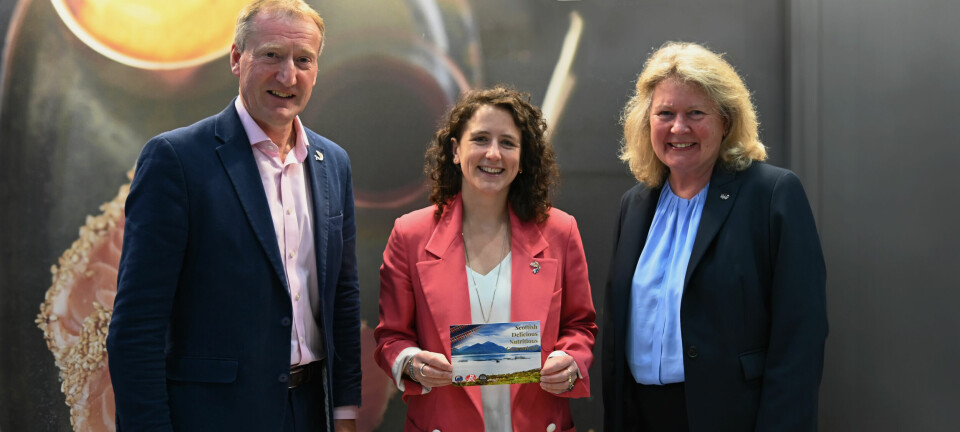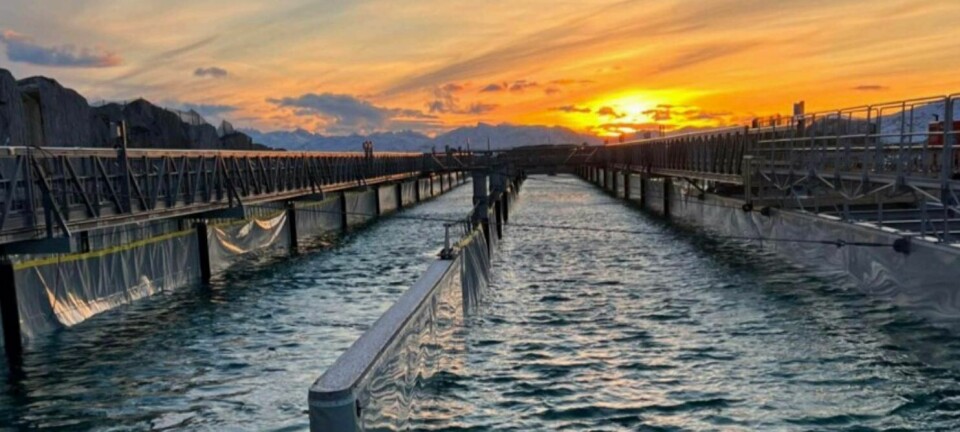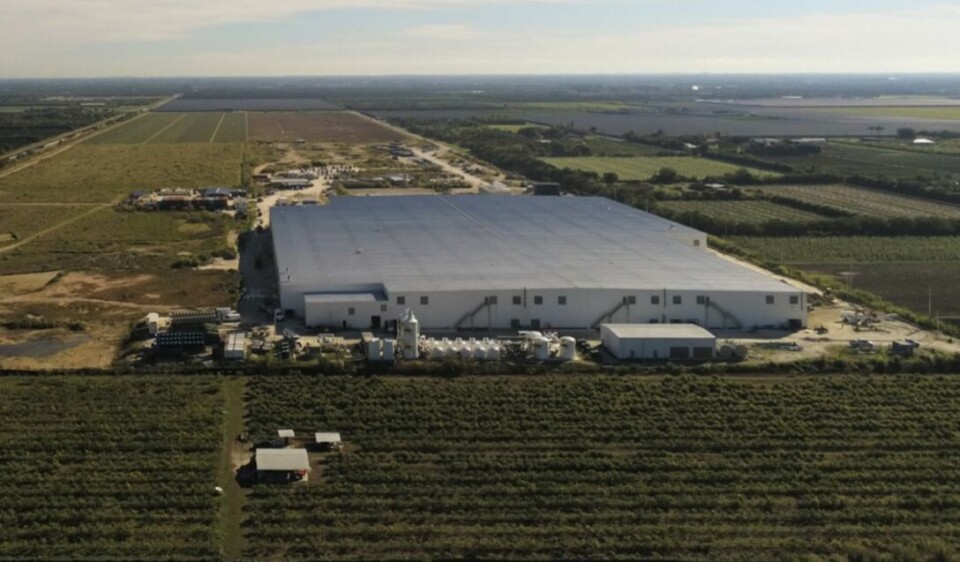
Atlantic Sapphire made $46.6m operating loss
On-land salmon farmer Atlantic Sapphire ASA made an operating loss (EBIT) of $46.6 million (£33.8m) last year, according to its 2020 annual report.
The group’s net loss was $55.2m, an increase of $42m on the $13.2m net loss from 2019.
The company operates a 2,400-tonne capacity on-land Atlantic salmon farm at Hvide Sande, Denmark and a larger facility at Homestead in Miami-Dade County, Florida, in the United States. It has a capacity of 9,500 tonnes that is currently being increased to 25,000 tonnes. Atlantic Sapphire intends to produce 220,000 tonnes per year at Homestead by 2031.

Lower harvest
Atlantic Sapphire’s revenue for 2020 and 2019 was $6.3m and $5.5m, respectively. Last year’s harvest volume of 989 tonnes (head on gutted) was marginally lower than the 1,022 tonnes harvested in 2019. The company said the reduction was primarily due to biomass incidents.
In his introduction to the report, chairman and chief executive Johan Andreassen said 2020 was a year that required heavy lifting on the construction side as the company worked hard to complete construction of its Phase 1 Bluehouse facility in the US, while simultaneously farming fish there.
Strong retail partnerships
“The pressure was worsened by the Covid-19 pandemic negatively impacting construction and farming activities. On the positive side, we reached USA’s first harvest in Q3’2020 as initially targeted,” wrote Andreassen.
“We also experienced other great achievements with the development of strong retail partnerships, the introduction of autonomous feeding and other Artificial Intelligence capabilities in our operations, the successful listing on the Oslo Børs (the main list on the Norwegian stock exchange), and the successful equity raise that gave Atlantic Sapphire the financial muscle to accelerate its growth despite the headwind from the Covid-19 pandemic.”
He added that the company has seen “great traction” for its Bluehouse consumer brand, which was achieving a significant price premium to commodity salmon.
The full report can be read here.
